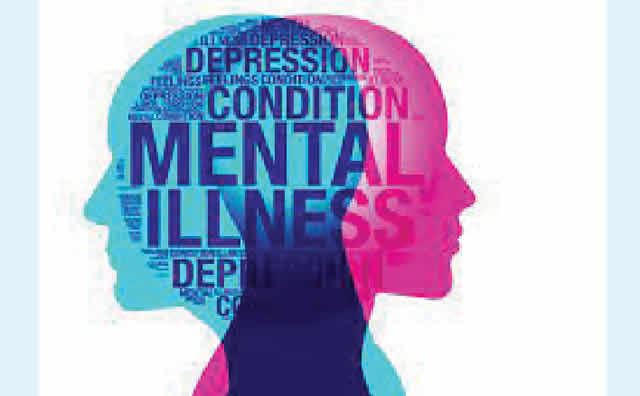In Nigeria, conversations around mental health are often overlooked, misunderstood, or stigmatized. Many people still associate mental illness only with extreme cases, ignoring the fact that stress, anxiety, and depression are also mental health issues that affect millions of Nigerians every day.
With rising economic pressure, job insecurity, insecurity in some regions, and fast-paced lifestyles, the need for mental health awareness in Nigeria has never been more important.
1. Breaking the Stigma Around Mental Health
For many Nigerians, mental health challenges are still seen as a sign of weakness or even spiritual problems. This stigma prevents people from speaking out or seeking help.
✅ Lesson: Nigerians should understand that mental health is just as important as physical health. Seeking therapy or counseling should be normalized, not ridiculed.

2. The Growing Mental Health Crisis in Nigeria
Studies show that 1 in 4 Nigerians may experience a mental health issue in their lifetime, yet there are fewer than 200 licensed psychiatrists serving a population of over 200 million. This massive gap leaves many without access to proper care.
✅ Lesson: Raising awareness will encourage both the government and private sector to invest more in mental health facilities, training, and resources.
READ ALSO: How to Find Healing Even When No One Is Willing to Help You
ADVERTISEMENT
3. Common Mental Health Issues Nigerians Face
- Depression – fueled by unemployment, financial struggles, and isolation.
- Anxiety disorders – worsened by insecurity, job pressure, and uncertainty.
- Substance abuse – often used as an unhealthy coping mechanism.
- Burnout – affecting professionals juggling long hours and side hustles.
✅ Lesson: Recognizing these conditions early can prevent them from escalating into more severe cases.
4. Why Mental Health Matters for Nigerians
- Productivity: A mentally healthy workforce contributes to national growth.
- Family and Community Stability: Mental health challenges can strain marriages, parenting, and friendships.
- National Development: Ignoring mental health creates ripple effects—rising crime, poverty, and reduced life expectancy.
5. Steps Nigerians Can Take to Improve Mental Health
✅ Seek professional help: Therapists, counselors, and psychiatrists are increasingly accessible, even online.
✅ Practice self-care: Exercise, healthy eating, meditation, and adequate sleep.
✅ Talk openly: Share your struggles with trusted friends or support groups.
✅ Limit stressors: Reduce toxic relationships, manage workload, and unplug from social media when necessary.
Final Thoughts
Mental health awareness in Nigeria is a national necessity, not a luxury. The more Nigerians understand, talk about, and prioritize mental health, the healthier and stronger the society will become.
Just like we care about malaria, diabetes, or hypertension, it’s time to care about depression, anxiety, and overall mental well-being.






















